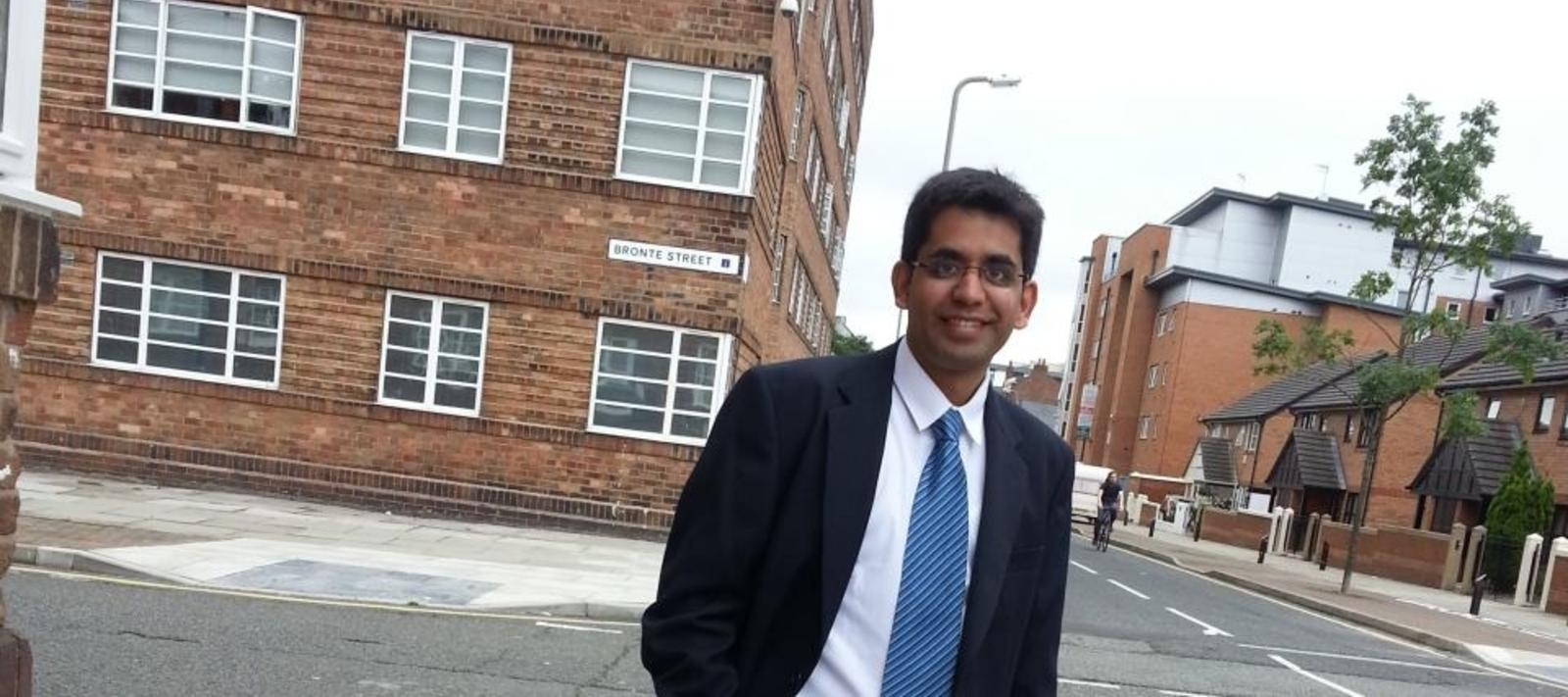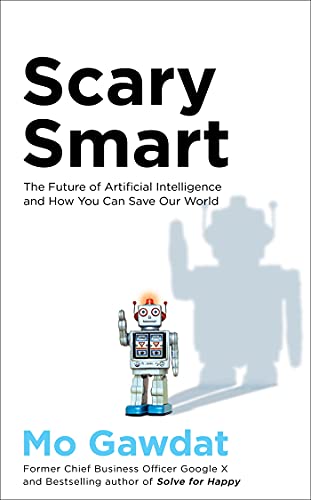Developing technologies that we can trust — an interview with Siddharth Gulati
In December of last year, Siddharth Nakul Gulati from the School of Digital Technologies defended his doctoral dissertation on “Developing a Scale to Measure Human Computer Trust“. Read more in the interview.

After Siddharth finished his bachelor's in India, he proceeded with his academic career in England, Liverpool. After completing his master's degree in England, he did some research in Macao and was looking for Ph.D. opportunities in Europe. "I was randomly sending emails to people asking if they want to supervise my Ph.D. I also wrote an email to professor David Lamas. He was open to working with me so I applied for the Ph.D. and then I did the Ph.D."
What is Your thesis about?
My thesis is about developing a scale to measure people's trust in a particular technology based on a questionnaire or a survey. Based on the results of the survey you can then design the technology to be more trustworthy. You can go a little deeper into why people won't trust the technology and why they answered the way they did.
How did you find your way to the topic of your thesis?
There was already a model developed by my supervisor Sonia Claudia da Costa Sousa. I was supposed to test this model on different kinds of technology to see if we can use this model to measure trust. But I have to be honest here, this topic was more or less forced upon me. However, I had some say in how I moved on with the research.
What are the key factors to measure trust in technology?
In my Ph.D. research, I defined three different factors that affect trust in a particular technology. Firstly, competence - how competent does the end-user feel with what a particular technology gives. Secondly, there is something called benevolence. In interaction design, what we look for is are there any elements in the user interface that allow the user to have a good user experience. Benevolence essentially means helpfulness. The third factor was risk perception. It essentially means how much the end-user feels that interacting with a particular application can have negative consequences for them.
Has Your developed scale already been used for designing more trustful applications?
That is what I am doing right now. Towards the end of my Ph.D., I was hired by the Human-Computer Interaction Lab to work on a project. The university had been developing an online platform TrustedUX, where anyone can log in and create surveys for people to give feedback on the application. This application automatically analyses the survey and gives you different charts that tell you how people feel about the application and if they trust it or not.
But now I want to take it one step further. I am in touch with different startups of multiple friends of mine in England and in Germany and with the help of artificial intelligence and machine learning, we want to develop a platform that not just tells you the level of trust based on surveys and how much does somebody trust the platform, we want to tell them where the problem in the application exactly is and how to increase the trust score. But imagine that somebody trusts an application too much. There can be applications that seem very trustworthy and offer a good user experience but steal all your data. We don’t want people to overtrust an application that is not trustworthy. There is this ethical line that needs to be drawn between over trust and low trust, this is what I am working on right now.
Should we trust the technology around us?
I don’t think we have a choice. For instance, a lot of doctors these days use artificial intelligence in hospitals to screen patients for cancer, and not just that. In Estonia, artificial intelligence is being applied in the legal system to score how likely people in prison are to commit a new crime based on their past activities and habits. So I don’t think we have a choice but what we can do, as modern technologists, is to follow this paradigm of value-sensitive design. Essentially not to depend on people that they will use the application anyways but instead offer faster and more transparent applications. We do have a choice not to trust technology, but then we need to find an alternative and make it trustworthy.
Writing a doctoral dissertation is definitely a challenge that needs constant self-motivation. During this journey, what were your hacks to keep on working to successfully reach the end result?
It was certainly challenging — I put a lot of work into it. For me, there were two motivating factors. Firstly, it is very important for anyone who does a Ph.D. to have a good support system of people. I have friends all over the world, amazing flatmates, and my wonderful girlfriend from Germany. She was my biggest motivating factor for the first three years when I was visiting her in Germany. We would spend a lot of time together and this kept me going. We structured our day so we were working at the same time knowing that in the evening we can spend time together. After that, I spent a lot of time traveling. In Estonia, I'd rent cabins in the woods and spend my time away from people. I wanted to minimize any distractions and focus on myself, go out and enjoy nature.
Describe some memorable or funny event that happened while writing the dissertation.
It is funny and also very embarrassing but I will tell you anyway. I still remember my very first research paper deadline. I was not in Estonia but in a small town in Germany. The deadline was at midnight and I had only a few minutes until the deadline. I took my laptop and I submitted the research paper exactly at midnight from the restroom. I was certain that this was going to be a massive failure but it got accepted and is now one of my most cited research papers.
How does your research change the world?
Changing the world, not yet, but it has had an impact. My study has already been cited 74 times. I am a humble person but I am happy about that — it is a lot for a Ph.D. student that has just graduated. I also have a good job now and I can take my research a step further. All in all, the topic is important, maybe not yet changing the world, but I will try my best.
What are the most important values and beliefs in your life to live by?
Although I am not religious, there is a saying from the bible that I like: "Do unto others as you would have them do unto you". For me it is important to be there for others and to give my best to treat every person with respect and kindness. For me, there is no such thing as a professor or a doctor, we are all human beings.
Describe a book that you've recently read and which you recommend others to read as well.
There are so many good books. One book that I really like is called "Scary Smart: The Future of Artificial Intelligence and How You Can Save Our World". It is from an Egyptian author Mo Gawdat who used to work in Google. The book is about how intelligent has artificial intelligence become and how people don't see the ethical consequences of developing AI. It sheds completely new light on this dystopian future. If we don't focus on human needs when designing technology then we might end up doing something very stupid.
